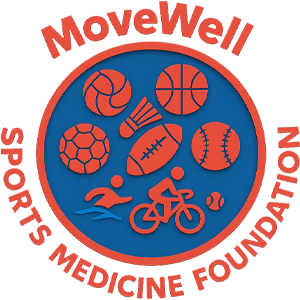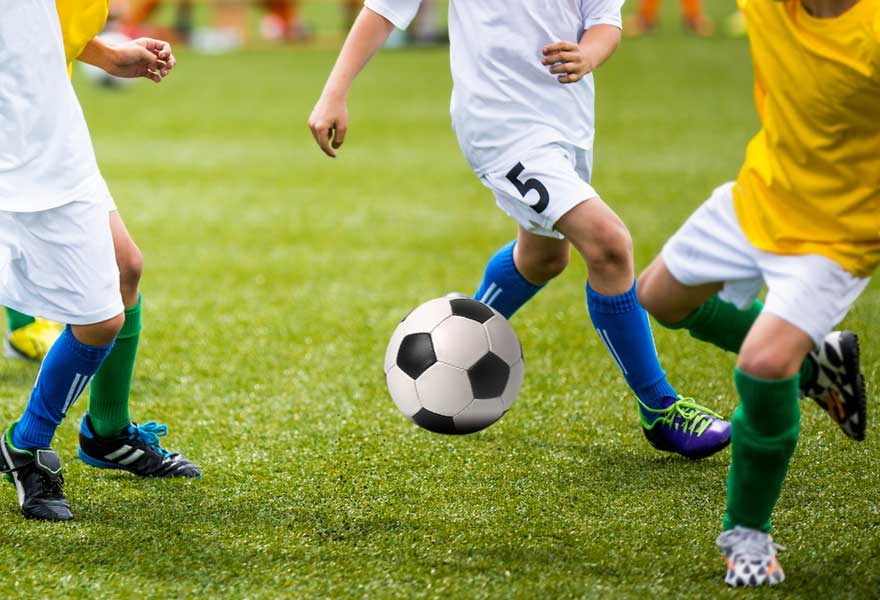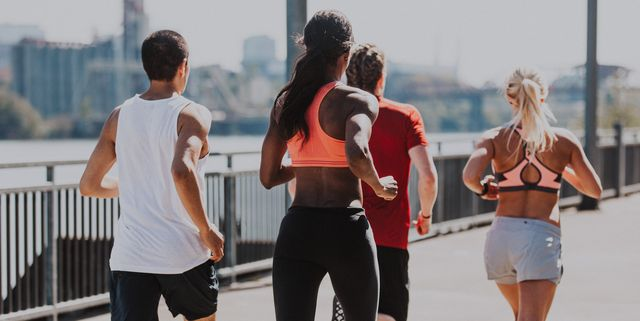Most sports injuries don’t come from collisions — they come from poor movement patterns, weak control, and delayed reactions. That’s where neuromuscular training (NMT) comes in. It’s one of the most powerful tools we have to reduce injury risk, especially in young athletes.
What is Neuromuscular Training?
Neuromuscular training is a set of exercises designed to:• Improve balance, body control, and movement awareness
• Strengthen muscles that stabilize joints (like hips, knees, ankles)
• Teach safer ways to land, cut, pivot, and absorb force
In simple terms: It trains your brain and body to move smarter.
Why It Matters for Youth Athletes
Youth athletes often experience:
• Unstable joints (due to growth spurts)
• Weak core and glutes (common in early teens)
• Poor jump/landing mechanics (leading to ACL or ankle injuries)
Neuromuscular training has been shown to reduce ACL injuries by up to 67% in female athletes and significantly cut down ankle sprains across many sports.
Key Components of a Neuromuscular Training Program
Component What It Trains Sample Drills
Balance & Proprioception Joint stability Single-leg balance, wobble board
Plyometrics Jump control Box jumps, jump & stick landing
Core Strength Trunk stability Planks, dead bugs, bridges
Agility & Deceleration Safe stopping & changing direction Shuttle runs, cone cuts
Strength Training Muscle power & endurance Squats, lunges, resistance band work
Technique Feedback Movement correction Video analysis or coached cues
Who Should Use It?
Athletes aged 10–18, especially in sports like:
• Soccer ⚽
• Basketball 🏀
• Volleyball 🏐
• Track & Field 🏃
• Gymnastics 🤸♀️
Anyone recovering from prior joint injuries
Teams during warm-up, off-season, or preseason
Sample NMT Warm-Up Routine (15 minutes)
1. Jog + dynamic mobility (2 min)
2. Balance + stability drills (3 min)
3. Jump and landing technique (3 min)
4. Agility with deceleration (3 min)
5. Core activation (4 min)
Repeat 3–4x/week for best results.
Why It Works
NMT helps athletes:
• React faster
• Absorb force safely
• Use correct joint angles
• Reduce "valgus collapse" (a major ACL risk factor)
• Build long-term body awareness ("movement IQ")
It creates not just stronger athletes — but safer, smarter movers.
“You train your skills. Why not train your movement?”
Neuromuscular training is low-cost, time-efficient, and science-backed. For young athletes, it’s a must-have component of any injury prevention or performance program.
By making NMT part of regular training, we don’t just help athletes avoid injury — we empower them to move well, for life.




